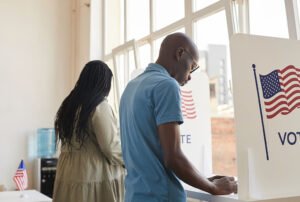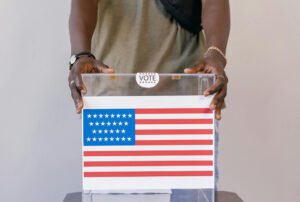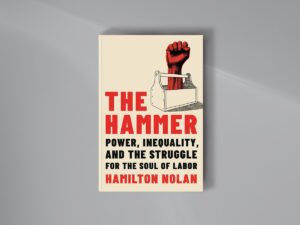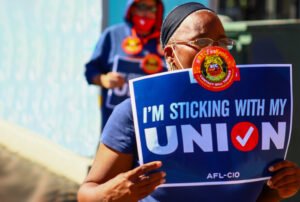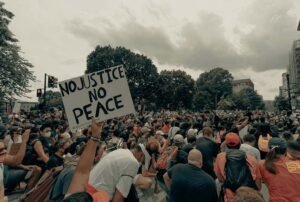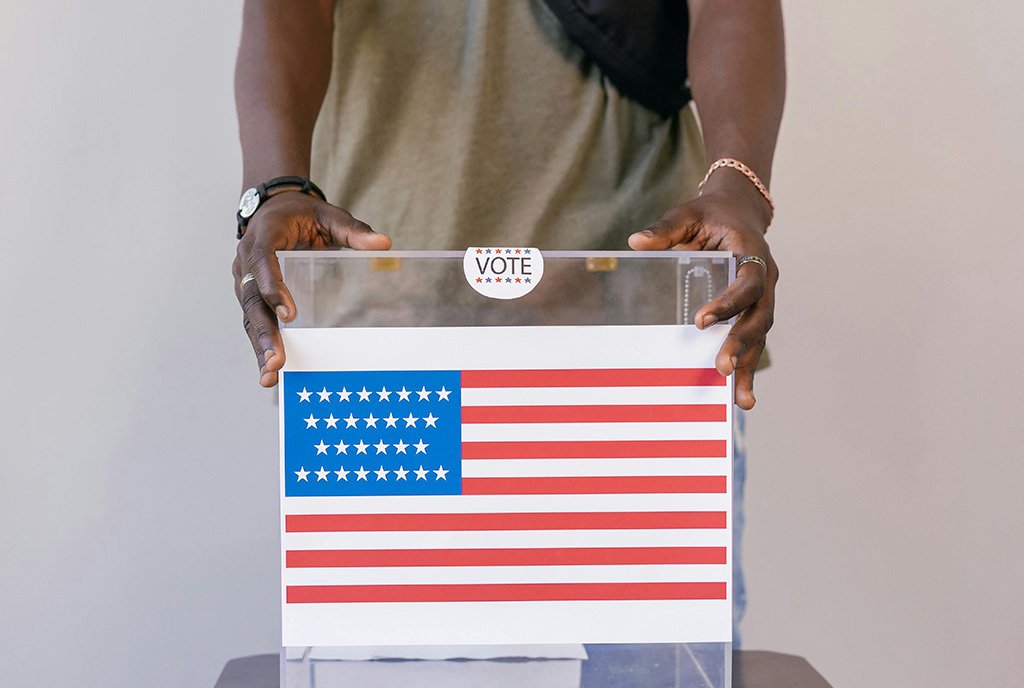January 2, 2013; Source: ProPublica
ProPublica’s digging reveals that five “independent” conservative political groups that pledged (to the Internal Revenue Service) to stay out of electoral politics were politically active anyhow. According to ProPublica, the Arizona-based Americans for Responsible Leadership made that pledge and then spent $5.2 million in elections, mostly to support the candidacy of Republican presidential candidate Mitt Romney. It also reportedly spent $11 million on two state ballot initiatives in California and refused the state’s request that it disclose its funding sources.
Sign up for our free newsletters
Subscribe to NPQ's newsletters to have our top stories delivered directly to your inbox.
By signing up, you agree to our privacy policy and terms of use, and to receive messages from NPQ and our partners.
The other groups that told the IRS they would not engage in electoral politics were Freedom Path, Rightchange.com II, America Is Not Stupid, and A Better America Now. ProPublica’s report isn’t really clear on whether these organizations pledged to do absolutely no politicking or whether they just affirmed to the IRS that they would ensure that social welfare, rather than partisan electioneering, would be their primary functions. But either way, the spate of social welfare organizations that popped up for the 2012 election cycle were distinctive in how little social welfare they delivered in comparison to the surfeit of political campaigning.
According to ProPublica, the IRS hasn’t actually approved the (c)(4) applications of these organizations even though they have apparently all been active in 2012 electoral activities. By law, these organizations can operate without a (c)(4) approval while their applications are pending. For that matter, perhaps these organizations will never get their IRS approvals, but it isn’t far-fetched to guess, as we have reported elsewhere in the NPQ Newswire, that they could simply disband and disappear before the IRS or the Federal Elections Commission (FEC) ever takes a gander at their expenditures.
It’s good to have ProPublica and other nonprofits exposing the inner workings of some of these political campaign operations, but ultimately, the question is going to land back in the laps of the IRS and the FEC. For the IRS, what constitutes a majority of a (c)(4)’s program activity devoted to social welfare? For the FEC, why should (c)(4)s be permitted to keep the names of their donors secret? And for the IRS, the FEC, and federal law enforcement agencies, can’t anything be done to prevent these instant social welfare organizations from quickly closing shop before they’ve been called to explain exactly how their programs qualify as social welfare? –Rick Cohen


